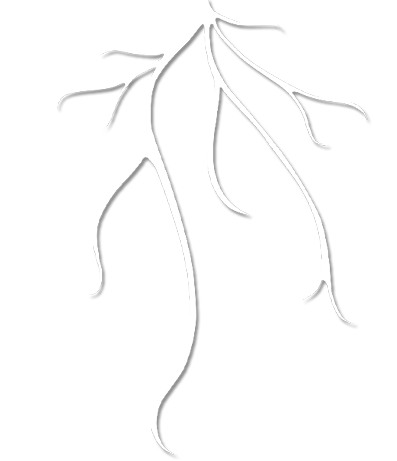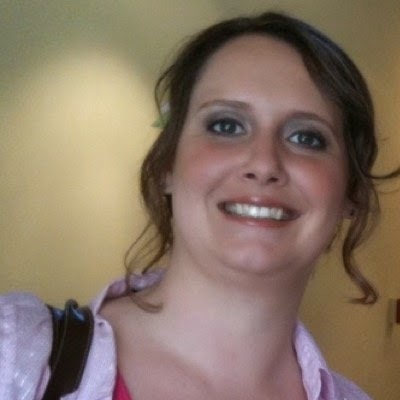REUTS Editorial Director: Kisa Whipkey

 Bio:Kisa Whipkey is a dark fantasy author, a martial arts demo team expert, and a complete sucker for Cadbury Mini-eggs. She's also the Editorial Director for YA/NA publisher, REUTS Publications. She developed a passion for storytelling at a young age and has pursued that love through animation, writing, video game design, and demo teams, until finally finding her home in editing. She believes in good storytelling, regardless of medium, and applauds anything featuring a snarky lead character, a complicated narrative structure, and brilliant/uncommon analogies. Currently, she lives in the soggy Pacific Northwest with her husband and plethora of electronics.
Bio:Kisa Whipkey is a dark fantasy author, a martial arts demo team expert, and a complete sucker for Cadbury Mini-eggs. She's also the Editorial Director for YA/NA publisher, REUTS Publications. She developed a passion for storytelling at a young age and has pursued that love through animation, writing, video game design, and demo teams, until finally finding her home in editing. She believes in good storytelling, regardless of medium, and applauds anything featuring a snarky lead character, a complicated narrative structure, and brilliant/uncommon analogies. Currently, she lives in the soggy Pacific Northwest with her husband and plethora of electronics. Her personal blog--featuring sarcastic commentary on all things storytelling--is located at www.kisawhipkey.com. Or connect with her via Twitter: @kisawhipkey. And, of course, to learn more about REUTS Publications, please visit www.reuts.com.
1. Tell us how you came to work with REUTS.
Would you accept destiny as an answer? No? Well, okay then. Here’s how it happened:
I joined Deviantart.com in 2011, intent on starting a freelance art career after graduating college and doing what I did best back then—wandering aimlessly and putting my life on hold. By 2012, I had figured out that I had a penchant for editing. It was something I think I always knew, but editing was a mystical job that I had no idea how to get. It was up there with astronaut and unicorn breeder in my list of awesome jobs that would probably never happen. And then, guess what? It happened.
I had already done a few freelance projects when I stumbled on an ad calling for editors for a new press. Not having the traditional editor background—BA in English/Literature/Writing—I assumed it was a long shot, but I applied anyway. Because I might not have a degree in literature, but I do have one in storytelling (well, visual storytelling). That press was REUTS. Ashley Ruggirello and I hit it off, and the rest is history.
I always hesitate to tell that story, because I really do feel lucky—it kind of fell into my lap—which is why I say destiny or fate must have been involved. But hopefully, it inspires someone out there. Don’t shy away from something solely because you don’t think you fit; it might end up being exactly where you’re meant to be.
2. What does your job entail?
A little of everything, really. As Editorial Director, I manage the editorial department. So I make the editor assignments, monitor the publication timeline, assist with marketing where needed (things like book blurbs, excerpts, website copy etc), weigh in on acquisitions, create the editorial plans and write the edit letters for incoming manuscripts we’re signing, (pause for breath), interview any editorial applicants, make connections with writing organizations and bookstores and cool people, proofread the finalized manuscripts before publication, answer editing questions and help problem solve, and, as if that weren’t enough, I take lead on many of the projects myself. (Lead editor is responsible for the entire editing process—from structural edits, to multiple passes of line edits, to proofreading.) So yeah, I wear a lot of hats. Anyone else exhausted just reading that? Imagine living it. :/
3. What do you enjoy most about being an editor?
So many things, but if I have to choose one, it would be structural (aka developmental or concept) editing. That’s really my forte, I think, digging down into the bones of a story and fixing it until all the pieces fit. My favorite analogy for the process is medical, surgery specifically, so the term Book Doctor gets thrown around the digital halls of REUTS now and then. And that’s probably pretty accurate. I’m sure surgeons feel the same satisfaction I do when they save someone who was otherwise broken and dying. Structural editing does the same thing for stories, though with less blood, and I find it extremely rewarding.
4. What have your experiences been like working with the authors?
Good! Everyone I’ve had the privilege of working with has been fantastic. I’m always honored and humbled when they entrust their babies to me, and there’s nothing I like more than watching them watch their stories get stronger. It’s often a messy, terrifying process, and I get that, but at the end, hearing the joy (and sometimes amazement) in their voices when they see their baby, all shiny and sparkly and ready for the world, makes all the stress, the late nights, the freak outs (and occasional verbal lashings) worth it. (Side note: don’t abuse your editor. We don’t like that.)
5. What is the hardest part of being an editor?
Dealing with author expectations. Not quite what you were expecting me to say, is it? But it’s the truth. I don’t find the actual act of editing hard. It’s time consuming and mentally exhausting, but I wouldn’t call it “hard.” No, the hardest part of being an editor is navigating the field of landmines that are author expectations. And by that, I don’t mean what they expect of us in terms of editing. More so, the expectation that they’re the center of our universe and the only thing we’re working on.
I know that sounds jaded and harsh, so let me explain. I love my authors, I really do. And I love working with new people and helping them on their publication journeys. But at any given time, I have a to-do list that probably rivals the President’s in terms of length, and am juggling as many as six—yes six—different projects at once. And all six of those are equally important. So constantly being hounded for schedule updates, being barraged with verbal assaults because I’m not working fast enough, being expected to answer immediately, 24/7, via various social media sites, or being expected to basically live and breathe a project is frustrating, to say the least. That’sthe hardest part of being an editor. So authors, if you’re reading this, please, please keep that in mind and adjust your expectations accordingly. Editors are people. Treat us as such, and we’ll love you all the more for it.
6. And what is the best part?
For all that I sound like a burned out whiner in that last question, there’s a moment that makes it all worth it for me—the “proud teacher moment.” It comes at the very end of a project, after everything’s been wrapped and sent off to production. It’s the moment when I get to sit back and watch my author step into the spotlight; the moment they get to shine and earn the accolades and credit they deserve. I love that moment, not because of my role in it, but because that’s what success looks like, and I genuinely want everyone to experience it.
7. Last question; If you could bring any book/movie/TV show to life, what would it be and why?
Oh, man! I don’t know that I would bring any to life, honestly. Storytelling is such a brutal thing, filled with conflict and angst and terrible terrible things. I like having the ability to escape into stories, but I don’t think I’d ever want to live them. So many overwhelming emotions. Life’s already pretty brutal, do we really need to make it worse?
But, if I could bring one thing into existence, it would be dragons. Not the scary, destruction-and-death-on-wings kind, though. More like the Toothless kind from How to Train Your Dragon. I mean, come on, who wouldn’t want a pet dragon?
Published on March 25, 2015 00:05
No comments have been added yet.



